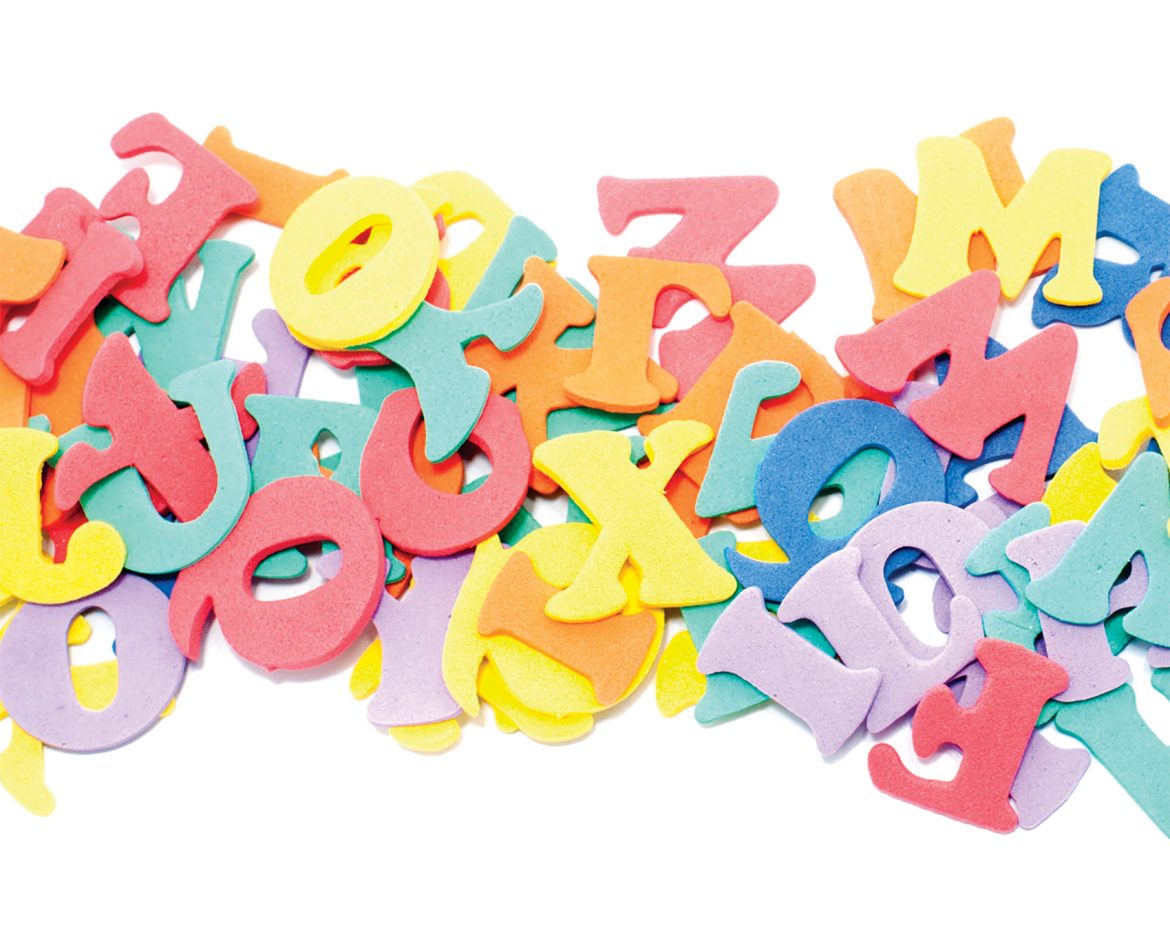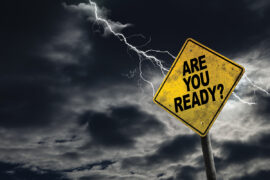Breaking the stigma
Reading at a young age is already difficult. Learning the letters, sounds, and how they work together is a tall task for any child, but having dyslexia makes learning a different process altogether. We asked Stephanie Hill, the communications director for Lighthouse Academy, a special purpose school for dyslexia, just how to spot and aid young learners who are dyslexic.
However, to be able to tell if your child is dyslexic you’ll have to look past the stigmas to get a clear view. Some of the most common stigmas are:
Dyslexics see letters backwards, making it a vision problem. Hill says, “That is not true. Dyslexia is caused by a difference in brain function, where people cannot manipulate sounds in words. Brain scans have proven that a dyslexic brain looks different when reading than a non-dyslexic brain.”
Dyslexics can’t read. Hill says, “The truth is with systematic, multi-sensory, targeted instruction, a dyslexic can learn to read and become a successful learner.”
Dyslexia has nothing to do with intelligence. Testing proves that individuals with dyslexia have an average or above average IQ.
According to the International dyslexia association (IDA), dyslexia is a “learning disability that is neurobiological in origin and is characterized by difficulties with accurate and fluent word recognition, poor spelling and decoding abilities.”
To get some insight, we asked for some specific examples of what to look for. Hill says, “Early signs for dyslexia can start as early as preschool age. If your child has trouble learning nursery rhymes, can’t identify letters in their name, or has difficulty learning and remembering letters of the alphabet, they may be dyslexic. In early elementary school, students with dyslexia often will guess at unfamiliar words instead of trying to sound them out, and they don’t understand that words can come apart and the sounds can be manipulated.
Young children with dyslexia show signs of being very bright; however, they struggle with reading, writing, and spelling. Don’t fear if your child has dyslexia – there is plenty of support out there for them to access their intellect and go on to be successful in school and in the world.





